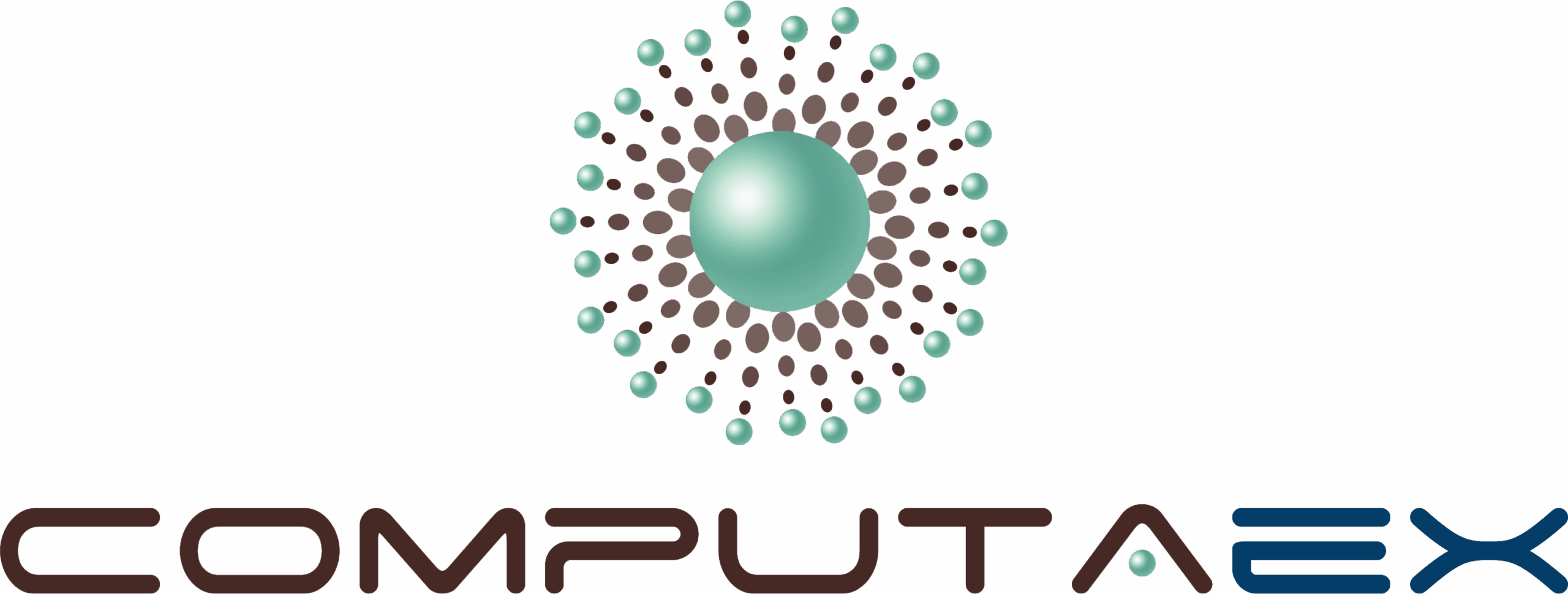Cantillo, D., Ávalos, M., Babiano, R., Cintas, P., Jiménez, J. L. and Palacios, J. C. (2012), On the Prebiotic Synthesis of D-Sugars Catalyzed by L-Peptides: Assessments from First-Principles Calculations. Chem. Eur. J., 18: 8795–8799. doi: 10.1002/chem.201200466.
Abstract
What accounts for a particular chiral selection in the case of a few sugars of prebiotic relevance, thereby mirroring the asymmetry observed in nature? By using first-principles calculations, the generation of pentoses from glycolaldehyde (the initial product of the autocatalytic formose reaction), which has been detected in outer space), has been modeled by using L-Val-L-Val as a primeval catalyst. Our theoretical study provides insight into the mechanism of this reaction and satisfactorily explains a few key molecular events. Our rationale agrees with the reported experimental data and shows that the D-configuration is only favored for ribose. L-pentoses are usually favored in the presence of L-configured dipeptides, as observed experimentally, although no chiral selection could be observed in the case of xylose. These results confirm that a prebiotic sugar soup could be fine-tuned in the presence of shorter peptides as catalysts and that D-ribose would have also resulted in an advantageous imbalance for further amplification and chemical evolution.
